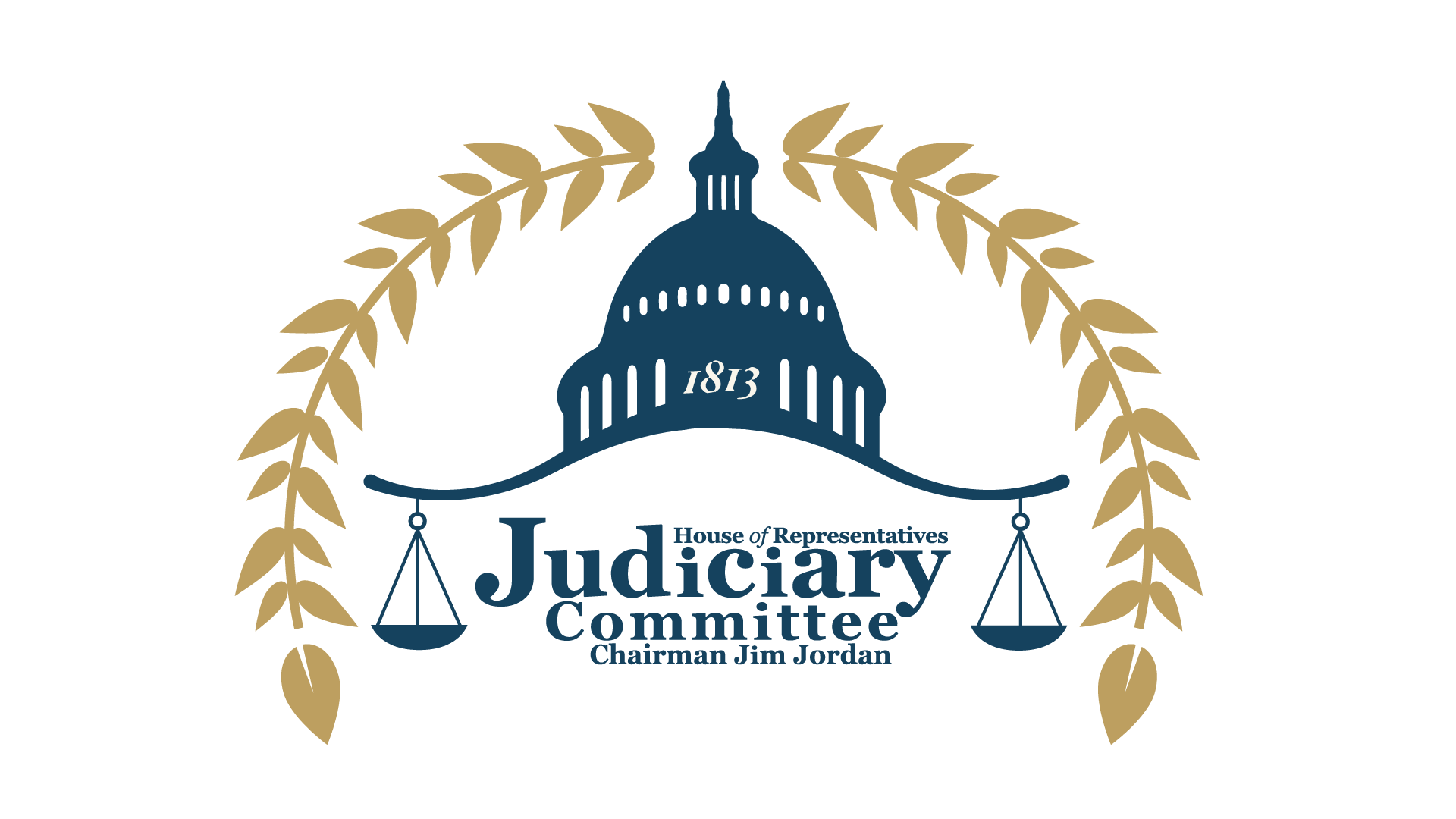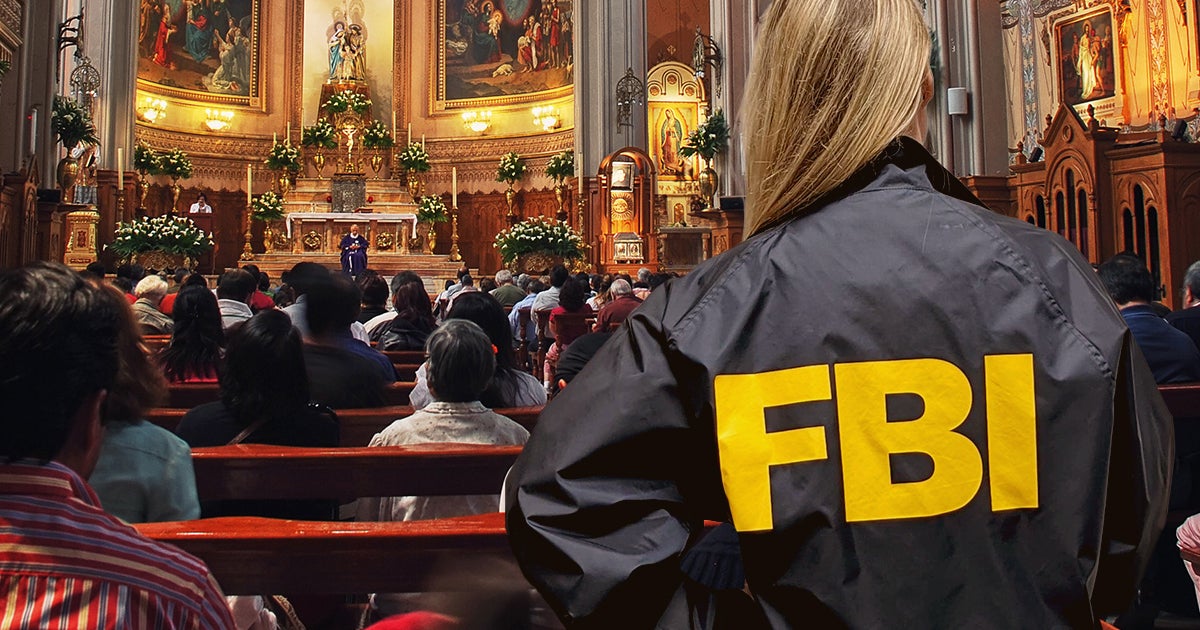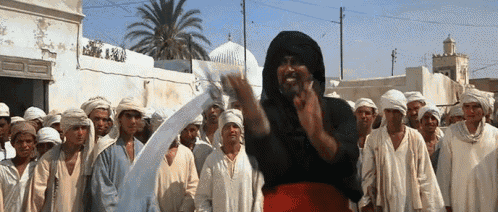"From witness testimony and FBI internal documents, the Committee and Select Subcommittee have learned that there were errors at every step of the drafting, review, approval, and removal process of the memorandum. For example:
The documents received pursuant to the Committee's subpoena show there was no legitimate basis for the memorandum to insert federal law enforcement into Catholic houses of worship.
The basis for the Richmond memorandum relied on a single investigation in the Richmond Field Office's area of responsibility in which the subject "self-described" as a "radical-traditionalist Catholic" (RTC). However, FBI employees could not define the meaning of an RTC when preparing, editing, or reviewing the memorandum. Even so, this single investigation became the basis for an FBI-wide memorandum warning about the dangers of "radical" Catholics.
Whistleblower disclosures reveal that the FBI interviewed a priest and choir director affiliated with a Catholic church in Richmond, Virginia while preparing the memorandum to inform on the parishioner under investigation.
In addition to the investigation in Virginia, FBI Richmond relied on reporting from other field offices across the country, including FBI Los Angeles, FBI Milwaukee, and FBI Portland in making its assessment.
The two FBI employees who co-authored the memorandum later told FBI internal investigators that they knew the sources cited in the memorandum had a political bias—sources including the Southern Poverty Law Center, Salon, and The Atlantic.
The documents received pursuant to the Committee's subpoena show that the FBI singled out Americans who are pro-life, pro-family, and support the biological basis for sex and gender distinction as potential domestic terrorists. The memorandum recognized "the run-up to the next general election cycle" as a key time frame and cited the Dobbs v. Jackson Women's Health Organization decision that overturned Roe v. Wade as a flash point.
Without considerable criticism in the wake of the disclosure of the memorandum, the document would have remained in an FBI-wide system. At the time of the memorandum's disclosure,
FBI officials were discussing turning the memorandum into an external, public-facing document highlighting the threats of "radical" Catholics. Most concerning, FBI Richmond still desires to convey this information to other field offices about "radical-traditionalist Catholics."
FBI Richmond's senior leadership saw the memorandum as an opportunity to insert federal law enforcement into places of worship and support outreach efforts to the Diocese of Richmond and other Catholic parishes.
Following public criticism about the memorandum, FBI Richmond's Special Agent in Charge Stanley Meador met with members of the clergy, including the Most Reverend Barry Knestout, Bishop of the Diocese of Richmond, and a Cardinal of the Catholic Church to mend the FBI's relationship with the Catholic community.
Whistleblower disclosures to the Committee further reveal that the memorandum was accessible to other field offices across the country. However, the FBI still has no idea how many FBI employees accessed the memorandum before its removal and cannot confirm whether any outreach occurred to Catholic parishes as a result of the memorandum. "
WASHINGTON, D.C. – Today, the House Judiciary Committee and its Select Subcommittee on the Weaponization of the Federal Government released an interim staff report titled, "

judiciary.house.gov




